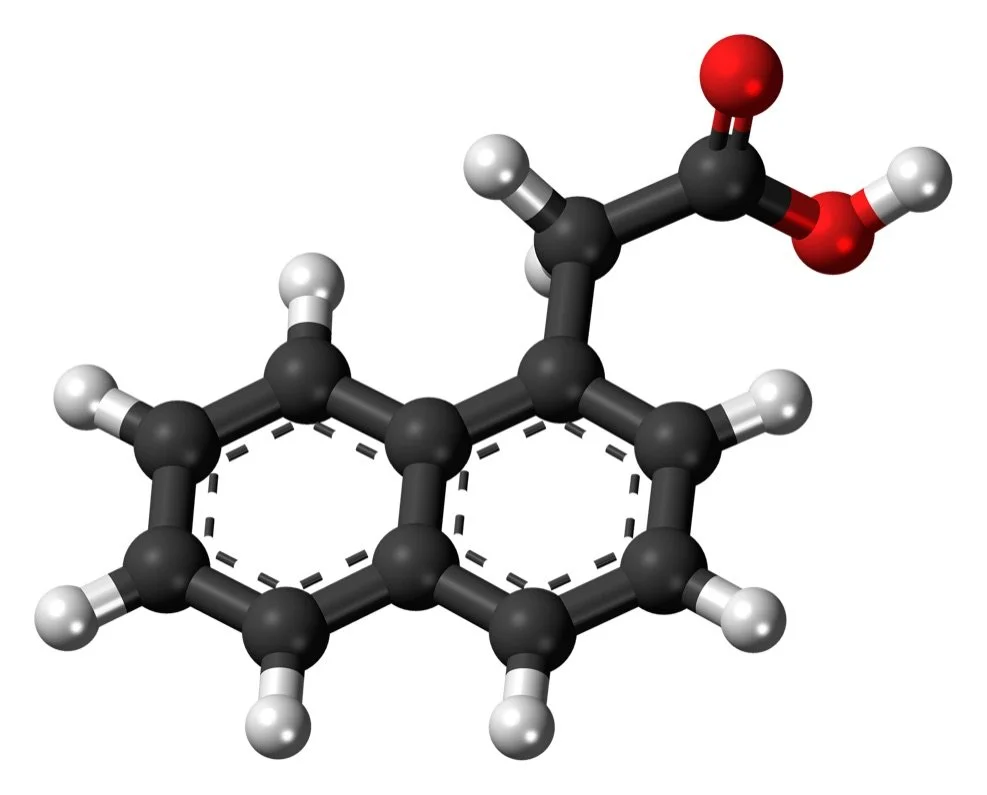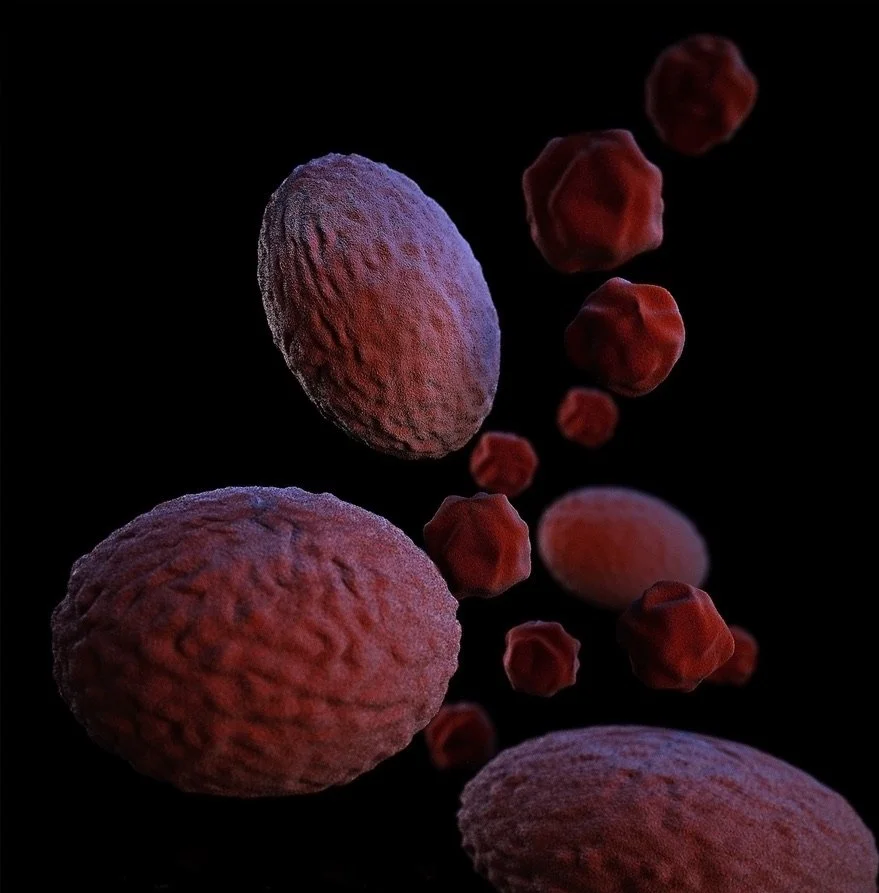Sometimes called “andropause”, the question of whether men have a change of life similar to menopause for women has long been debated. While women experience age-related physical changes at a rather specific time (when ovarian function declines leading up to around age 50), for men the shift occurs much more gradually. A reduction in testosterone production happens over many years as men age, and can result in diminished muscular strength, energy and libido, erectile dysfunction, depression, and even osteoporosis. The problem is that these symptoms are often not seen in men with low testosterone and may also be caused by other factors such as stress, illness, medications, obesity, psychiatric conditions, diabetes, high blood pressure or low thyroid levels.
Read MoreOsteoporosis is one of a small number of common metabolic diseases that show no symptoms until there’s a crisis. What’s the crisis? Bone fracture. How common is it? 30% of all women and 17% of all men 50 years or older experience one or more osteoporosis-related fractures in their lifetime. While the condition is generally four times more prevalent in women, that doesn’t mean men can afford to ignore it.
Read MoreI frequently get calls from prospective clients asking if I can help them with adrenal fatigue. I then invite them to briefly describe their experience, how long they have been suffering, and if there are other health issues they are currently facing. Adrenal fatigue typically requires an extended conversation, this blogpost covers some aspects of this conversation.
Read MoreThe endocrine system consists of many glands distributed throughout the body, producing more than 50 hormones that are released into the bloodstream or the fluid surrounding cells. Receptors in various organs and tissues respond to these hormones in specific and vital ways that control metabolism, immunity, development and growth, reproduction and behavior.
Read MoreYou might think chlamydia is a rare sexually transmitted disease (STD) that you don’t need to worry about. Or that it has minor symptoms. Both these assumptions are wrong. Turns out chlamydia is the most commonly reported STD.
Read MoreFor the last few decades, there has been a growing expectation that we ought to feel happy all the time, that this should be normal. Mental health experts question this assumption, they also tell us that negative emotions like anxiety, fear, guilt, anger and even sadness can actually be constructive—if they are channeled well. But what if sadness dips into depression?
Read MoreThe thyroid is a gland shaped much like this butterfly that is located in the front of the neck below the Adam’s apple (for a man). It is one of many important endocrine glands that manage the body’s hormone system. Hormones produced by the thyroid affect many body functions including lipid metabolism and carbohydrate metabolism, growth, the cardiovascular system and the reproductive system.
Read MoreWe all get tired from time to time, sometimes for more than a little while. But it’s worth taking action if you suffer from continual and severe lack of energy that has become a major constraint in your life and prevents you from doing what you need or would like to do. Many factors can contribute to or cause fatigue.
Read MoreHypothyroidism is the name given to a condition characterized by underfunction of the thyroid, a butterfly-shaped gland located in the front of the neck below the Adam’s apple. Hormones produced by the thyroid affect many important body functions including lipid metabolism and carbohydrate metabolism, growth, the cardiovascular system and the reproductive system.
Read MoreMigraine headaches are not rare: it’s estimated that 14-15% of the global population currently suffers from them, making migraines one of the top 10 reasons for doctor visits. Those of us who have actually suffered from migraines belong to an exclusive club-- one where life and the rest of the world stops while we have a headache.
Read MoreWhen considering changes that need to be made in order to have a healthy lifestyle, nutrition, physical exercise and sufficient sleep are usually the first things that come to mind. But stress management can also play a critical role. This is because of the many ways that chronic stress undermines good health.
Read MoreHyperthyroidism is a set of conditions that result in overactivity of the thyroid, a butterfly-shaped gland located in the front of the neck below the Adam’s apple. This is the opposite of hypothyroidism (or thyroid underfunction), which is far more common. Hormones produced by the thyroid affect many important body functions including lipid metabolism and carbohydrate metabolism, growth, the cardiovascular system and the reproductive system.
60 to 80% of hyperthyroidism cases result from Grave’s disease, an auto-immune condition that tends to run in families, occurs more often in women and frequently peaks between 20 and 40 years of age.
Read MoreAbout 30% of adults report insomnia at any one time, with 10% suffering from chronic insomnia. Women as well as people over 60 tend to be more affected. There can also be grave consequences, including a range of other chronic health conditions (such as diabetes, high blood pressure and weight gain), unproductive work lives, car accidents and fatalities. For these reasons, insomnia is considered a serious public health problem.
Read MoreThe thyroid is a gland shaped much like this butterfly that is located in the front of the neck below the Adam’s apple (for a man). It is one of many important endocrine glands that manage the body’s hormone system. Hormones produced by the thyroid affect many body functions including lipid metabolism and carbohydrate metabolism, growth, the cardiovascular system and the reproductive system.
Read More














